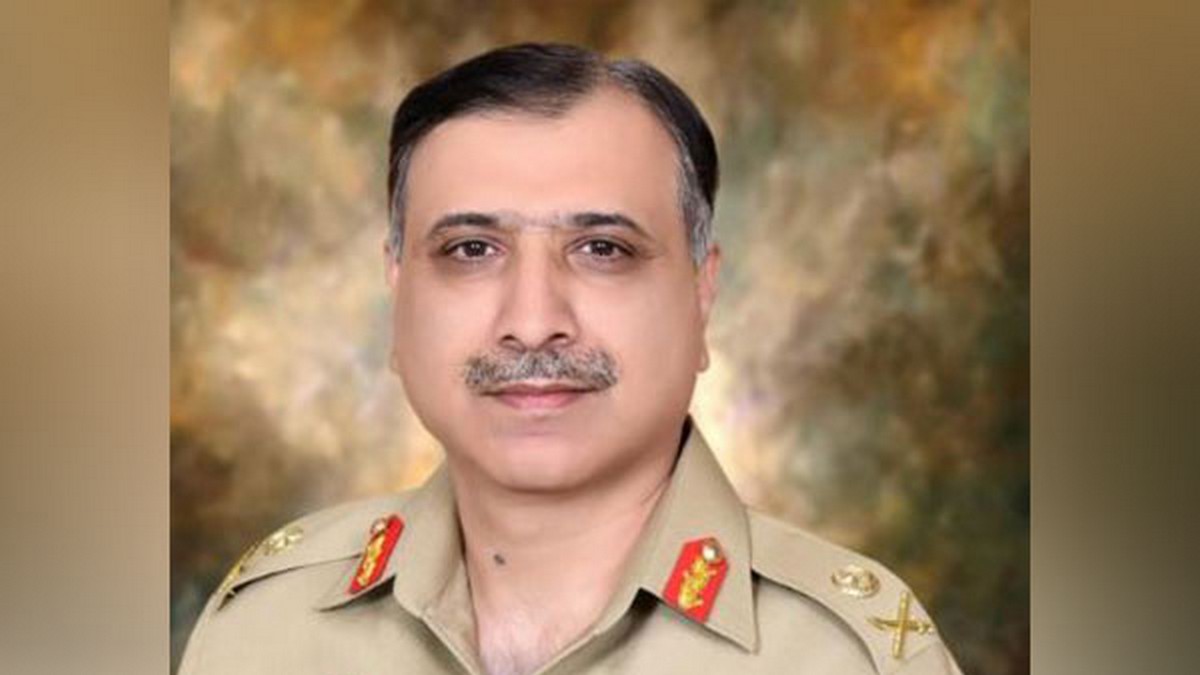Pakistan’s intelligence agency chief, Lieutenant General Mohammad Asim Malik, has been given the additional role of National Security Adviser (NSA), The Express Tribune reported.
His appointment comes at a time of heightened tensions with India following the 22 April Pahalgam terror attack, in which Pakistan-based terrorists killed 26 civilians.
Malik has served as Director General of the ISI since September 2024. Prior to that, he held the position of Adjutant General at the Pakistan Army’s General Headquarters, where he oversaw administrative and disciplinary affairs.
Notably, it was during his tenure as Adjutant General that former Prime Minister Imran Khan was arrested, triggering widespread protests by his supporters and party workers, according to The Express Tribune.
During his military career, Malik has also commanded army divisions in Balochistan and South Waziristan—two regions long plagued by major security challenges in the southeast of the country.
Appointment comes amid post Pahalgam Terror Attack
Malik’s appointment comes amid escalating India–Pakistan tensions following the Pahalgam terror attack, which New Delhi alleges had cross-border links.
The Pahalgam incident, one of the deadliest attacks in Jammu and Kashmir since the 2019 Pulwama bombing, claimed the lives of at least 26 people, including one Nepali national, and injured many others. The Resistance Front (TRF), a group affiliated with Lashkar-e-Taiba, claimed responsibility.
India’s strong actions against Pak
Both countries have continued tit-for-tat actions against each other. One of the most recent measures by New Delhi includes closing Indian airspace to Pakistani aircraft and suspending social media accounts of popular Pakistani celebrities such as Hania Amir, Mahira Khan, and Ali Zafar.
Ceasefire violations along the Line of Control (LoC) entered their seventh consecutive day on Thursday, with unprovoked small arms fire reported from the Pakistani side of the International Border in Jammu and Kashmir’s Akhnoor sector on Wednesday.
In response to the attack, India has downgraded diplomatic ties, suspended the Indus Waters Treaty, reduced Pakistan’s diplomatic presence in New Delhi, and expelled military officials. The Attari check post was also closed.
Pakistan responded by threatening to withdraw from the 1972 Simla Agreement and announced the closure of the Wagah border crossing.
Prime Minister Narendra Modi vowed strong retaliation, pledging to pursue the terrorists “to the end of the earth.” In turn, Pakistan’s Prime Minister Shehbaz Sharif warned that any changes to the Indus Waters Treaty would be considered “an act of war.”


)
)
)
)
)
)
)
)
)